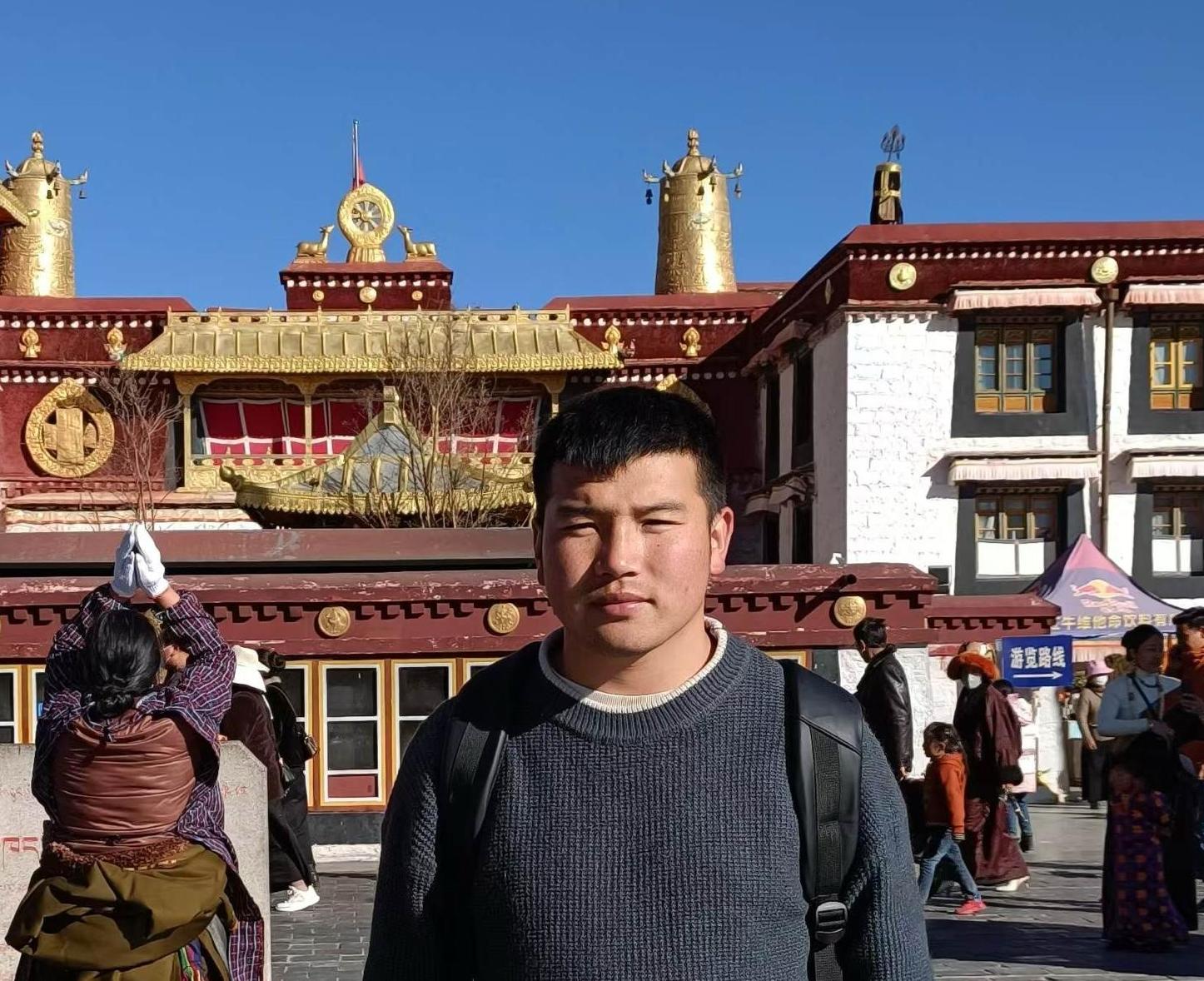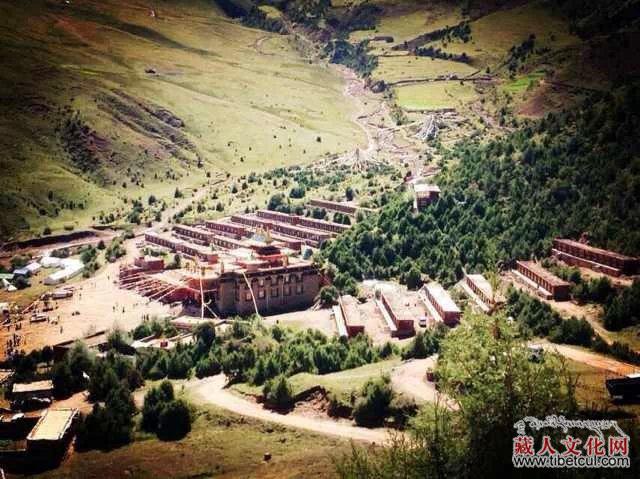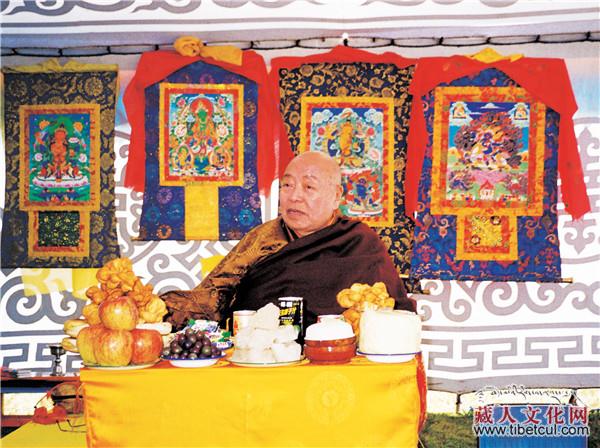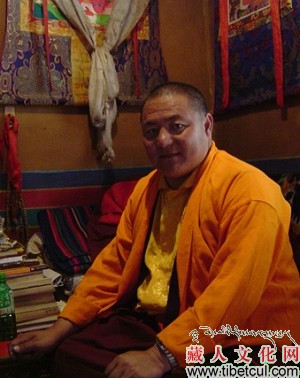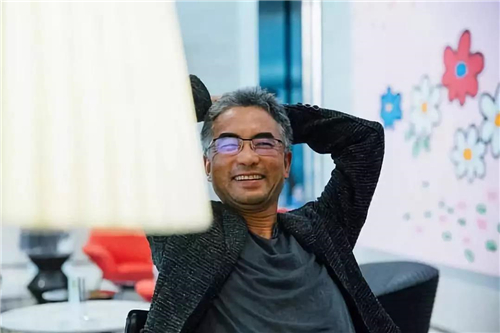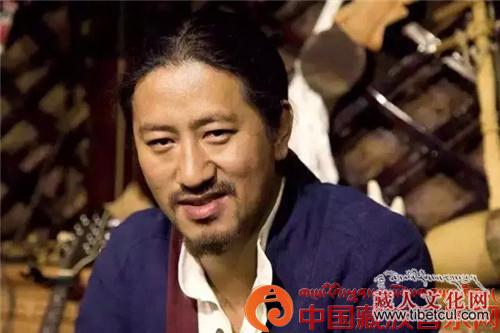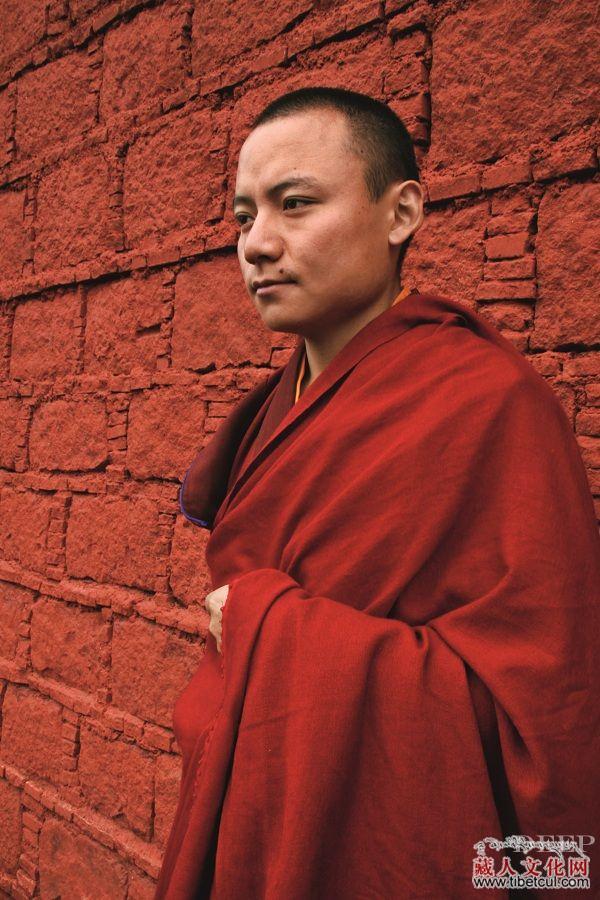The Association for the Promotion of Tibetan Culture, a non-profit organization based in Lanzhou, Gansu Province, was established in 2006. The Association inherits the spirit of the Tibetan Cultural Association founded in 1920 by Losang Tsewang, the second brother of the Fifth Jamyang Zhaypa Rinpoche, the abbot of Labrung Monastery, which built numerous schools and clinics in eastern Tibet. The Association for the Promotion of Tibetan Culture expands the initial educational intent of Losang Tsewang but continues his volunteer spirit. Currently, the members of the Association are both people of Tibetan origin and enthusiasts of Tibetan culture, i.e. scholars, development specialists, writers, artists, photographers, and film makers. The mission of the Association is to assist Tibetan cultural revitalization and preservation in this dynamic era of globalization in all aspects of Tibetan communities throughout all three regions of cultural Tibet, namely Amdo, Kham, and Ü-Tsang (central Tibet). All board members and key personnel of the Association are volunteers who are dedicated to raise resources from the global public to identify and implement cultural, educational, and health development projects for needed local communities. The Association also engages in the restoration of both tangible and intangible cultural heritages of Tibet by inviting scholars and cultural restoration specialists to participate in the Association-sponsored researches and feasibility studies. The Association focuses on the presence of Tibetan cultural heritages and their existential and spiritual significances among the common folks of all three Tibetan regions. Currently, the Association undertakes these tasks:
1. Identifying and implementing development projects that will immediately benefit the wellbeing of local Tibetan communities;
2. Curating cultural heritage sites and preserving oral traditions, such as the epic of King Gesar and the folk music, of both nomadic and agricultural populations of Tibet;
3. Assisting contemporary Tibetan writers, artists, and film makers to publish their works reflecting all aspects of contemporary Tibetan society;
4. Translating Tibetan religious, philosophical, medicinal texts that have positive impact on world peace, the environment of the planet earth, and the spiritual, psychological, and physical health of non-Tibetans;
5. Hosting professional training workshops for young Tibetans from all regions of Tibet, which are intended to assist younger generations of Tibet to develop critical perspectives on the practices of modernization and globalization, and to acquire modern technological skills that will be utilized to preserve Tibetan cultural traditions;
6. Inviting environmental and development specialists from abroad to deliver public lectures on the concepts and practices of environmental sustainability and to conduct development project feasibility studies and evaluations;
7. Building a team of legal specialists for the purpose of providing legal counseling to local communities regarding constitutional rights and legality of local government officials’ proceedings;
8. Maintaining and expanding the website of the Tibet Culture Net, the largest Tibetan online public forum in China;
9. Continuing to build alliance with individuals and organizations both at home and abroad, who sincerely support Tibetan cultural revitalization and preservation without political strings attached.




